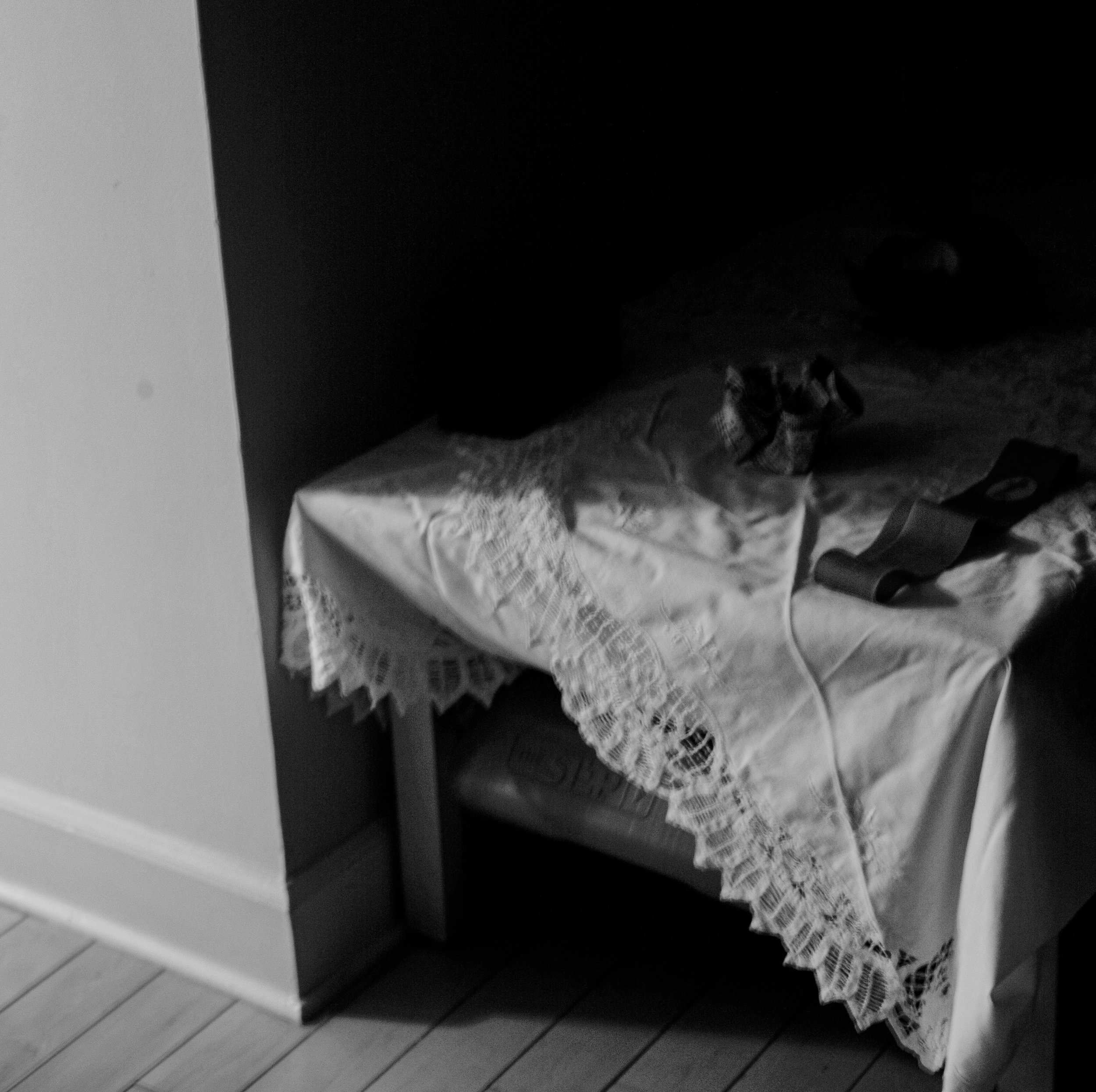Teaching my first creative writing class after a long time makes me realize that firstly, how much I miss it and secondly, how much nothing has really changed in student wisdom over the years
I found myself telling the students, the age-old saying of writing 101: show don’t tell.
We were doing an in class exercise about writing on a traumatic experience. I told them to write about the twin towers. Just a paragraph on how they felt when it was happening. “I was shocked,“ said one student.
I told her, why don’t you try taking the line out. What would you really do if you were shocked? Would you be eating nonstop? Calling your loved ones? Standing in silence?
Talk about those things.
The class I am teaching is called writing about trauma through the lens of detachment and sparseness. It’s hard enough to write about something that we’re so emotionally close to, but unless we have the distance, not only do we not have a intellectual understanding of the situation we will just sound as gushy has a mid morning soap opera.
Writing with detachment and sparseness does not mean to neglect emotions. In fact, quite the opposite. Writing with detachment is to embed the trauma within the silences of the sentences, and that makes it all the more powerful.
How would you do that then? Well first I would tell you to take my class but since you can’t I’ll just leave you with a small little hint : imagine yourself encased in a marble slab of stone, the weight of 50 kg on top of your chest. And I’m that situation try and write about the most horrific thing that is happening to you. We are reading Annie Ernaux who excels in this form. She is concise and goes about talking about her day almost in bullet points. But through that matter of fact style of writing, we get the emotions without the nostalgia. Duh charge through, and the importance of the situation is felt even more desperately. So try that. Try holding back in order to give more.
